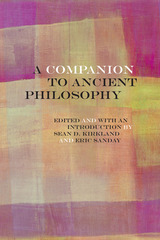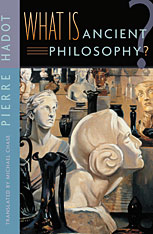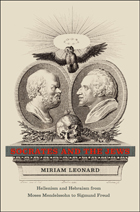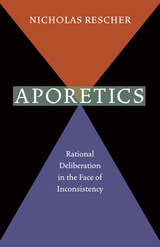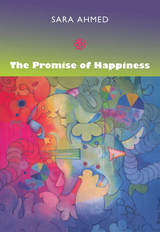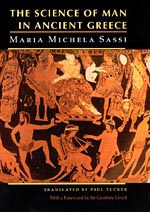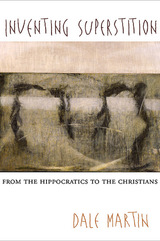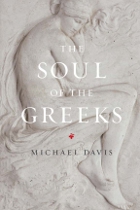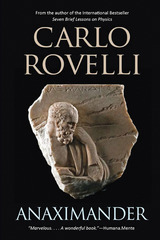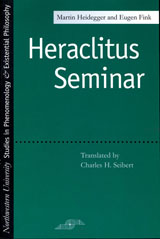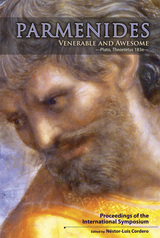The Science of Man in Ancient Greece
University of Chicago Press, 2000
Cloth: 978-0-226-73530-6
Library of Congress Classification B187.M25.S2713 2001
Dewey Decimal Classification 128.0938
Cloth: 978-0-226-73530-6
Library of Congress Classification B187.M25.S2713 2001
Dewey Decimal Classification 128.0938
ABOUT THIS BOOK | AUTHOR BIOGRAPHY | TOC
ABOUT THIS BOOK
Although the ancient Greeks did not have an anthropology as we know it, they did have an acute interest in human nature, especially questions of difference. What makes men different from women, slaves different from free men, barbarians different from Greeks? Are these differences visible in the body? How can they be classified and explained?
Maria Michela Sassi reconstructs Greek attempts to answer such questions from Homer's day to late antiquity, ranging across physiognomy, ethnography, geography, medicine, and astrology. Sassi demonstrates that in the Greek science of man, empirical observations were inextricably bound up with a prejudiced view of the free Greek male as superior to all others. Thus, because women were assumed to have pale skin from staying indoors too much, Greek biology and medicine sought to explain this feature as an indication of the "cold" nature of women, as opposed to the "hot" constitution of men.
For this English translation, Sassi has rewritten the introduction and updated the text and references throughout, and Sir Geoffrey Lloyd has provided a new foreword.
Maria Michela Sassi reconstructs Greek attempts to answer such questions from Homer's day to late antiquity, ranging across physiognomy, ethnography, geography, medicine, and astrology. Sassi demonstrates that in the Greek science of man, empirical observations were inextricably bound up with a prejudiced view of the free Greek male as superior to all others. Thus, because women were assumed to have pale skin from staying indoors too much, Greek biology and medicine sought to explain this feature as an indication of the "cold" nature of women, as opposed to the "hot" constitution of men.
For this English translation, Sassi has rewritten the introduction and updated the text and references throughout, and Sir Geoffrey Lloyd has provided a new foreword.
See other books on: Ancient Greece | Man | Philosophical anthropology | Philosophy, Ancient | Tucker, Paul
See other titles from University of Chicago Press


